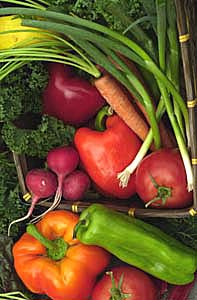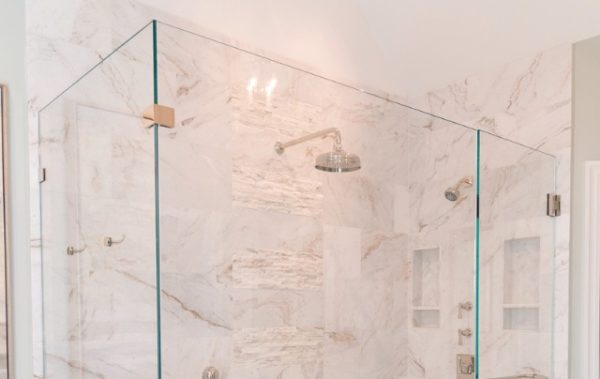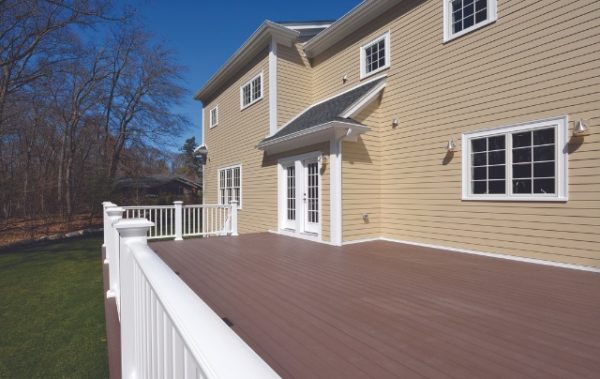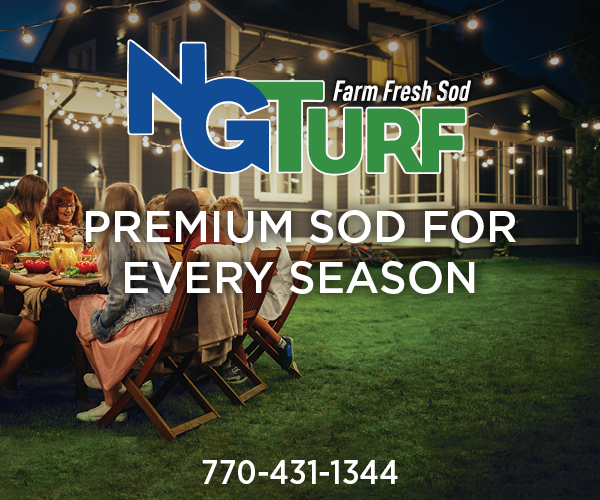Green Thumbs Up

 |
| Organic gardening uses only natural techniques and products to prevent pest problems, and it’s growing in popularity. |
Does the site of a multi-legged creature crawling on your tomato plant send you running to the garage for a can of bug spray? Do you automatically drench your gardenia with a pesticide as soon as the flower buds form to ??prevent?? whiteflies from taking over? Is your response to the white, powdery mildew that appears annually on your crepe myrtle a massive dose of fungicide? If your gardening experiences have become a battle against Mother Nature, maybe it??s time to rethink how you garden.
People worldwide are reducing the amount of fertilizers, pesticides and fungicides they use in their gardens and their homes. Concerns about long-term effects of these chemicals on the environment have driven this change in attitude. Many products that were once widely used by homeowners and professionals (Dursban and Diazinon, for example) are no longer being produced due to potential health risks they can cause to humans and animals. Also, many insects and plant diseases have become resistant to chemicals that have traditionally been used to treat them.
Obviously, you don??t want your garden to be overrun with pest and diseases, but it makes sense to use fewer chemicals??so what??s the solution? Two gardening methods that reduce chemical use are organic gardening and integrated pest management.
Organic gardening uses only natural techniques and products to prevent pest problems, and it??s on the rise in the United States. Gardening organically doesn??t suggest that bugs and disease are allowed to run rampant through your plants. Instead, it simply means that gardeners use natural methods to prevent and control potential problems.
Organic gardening is an entire system of gardening where great thought is put into the planning, from the soil under your feet to the air, water, wildlife, insects and sunlight above. Pesticides, fungicides and fertilizers can be used in organic gardening, but only if they are naturally occurring formulations.
Integrated pest management (IPM) also incorporates planning??not just reaching for a spray can when a problem occurs. With IPM, both natural and synthetic chemicals can be utilized if necessary, but the goal is to reduce problems by preventing them from occurring in the first place.
Organic gardening and integrated pest management share many of the same principles. With both techniques, the key to smart, pest-free gardening is to create the best possible conditions for your plants to grow well and be less susceptible to problems.
?? Think before you plant. Provide the best environment for vigorous, healthy plant growth, which enables your plants to resist insect and disease problems.
?? Healthy soil is the basis of a healthy garden. A soil test, conducted by your local county extension service, provides the blueprint for your garden. This test will provide you with information regarding the nutrient needs of your garden soil??amend as recommended by this report and you??ll be off to a good start.
?? Proper plant selection is essential to prevent problems. Choose plants that are pest and disease resistant, taking sun and water requirements into consideration. Native plants should be used whenever possible, as they are acclimated to your particular region and are usually resistant to pests and diseases.
?? Good maintenance practices are vital for pest management. This includes proper watering and fertilization, mulching, crop rotation (with vegetable gardens) and correct pruning.

?? Weeds can harbor insects and disease, so control them through cultivation, appropriate fertilization and mulching.
?? Decide for yourself how much ??injury?? you??ll accept on your plants. A few flea beetle holes on the ornamental sweet potato are manageable; just pluck those leaves off and new ones sprout quickly. But, what about an infestation of aphids on your tomatoes that the neighbors are all counting on for their salads? Evaluate each situation individually to determine what??s acceptable before taking further action regarding controlling the pests.
?? If a plant seems stressed, diagnose the problem before reaching for an insecticide or fungicide. Use the least toxic method first??in many cases, a simple spray from the hose will wash an insect from a plant. Does the plant just need more??or less??water? Perhaps that powdery mildew that shows up on your crape myrtle every year indicates that a different variety would do better in Georgia??s humid climate. Pay attention to your plants, and your reliance on chemicals will decrease.
?? If you decide to use a chemical product for insect or disease problems, read the label carefully. Both organic and synthetic formulations can be toxic. Once again, use the least toxic method first??in many cases, an insecticidal soap or horticultural oil will solve the problem if diagnosed at the right time.
While this is just basic information about both methods of gardening management, learn more about organic gardening and integrated pest management techniques to determine which of these ideas works best for you. One of the best resources for organic gardening is Rodale Press, which has numerous books about organic gardening. Visit www.organicgardening.com to start your research.
For more information about IPM, visit the University of Georgia??s Web site at www.gaipm.org and Clemson University??s site at http://hgic.clemson.edu/factsheets/HGIC2755.htm.

A Westside Market find brings the bar to you

Perennial Plant Association To Host Atlanta Symposium for Homeowners and Industry Professionals

David Tours CSI Kitchen & Bath Showroom

Award-Winning Kitchens, Baths, Interior Design and More

Atlanta’s NKBA Designs of Distinction 2019 Winners

100 Things to Know Before You Remodel

What’s the simplest way to upgrade your window treatments?







